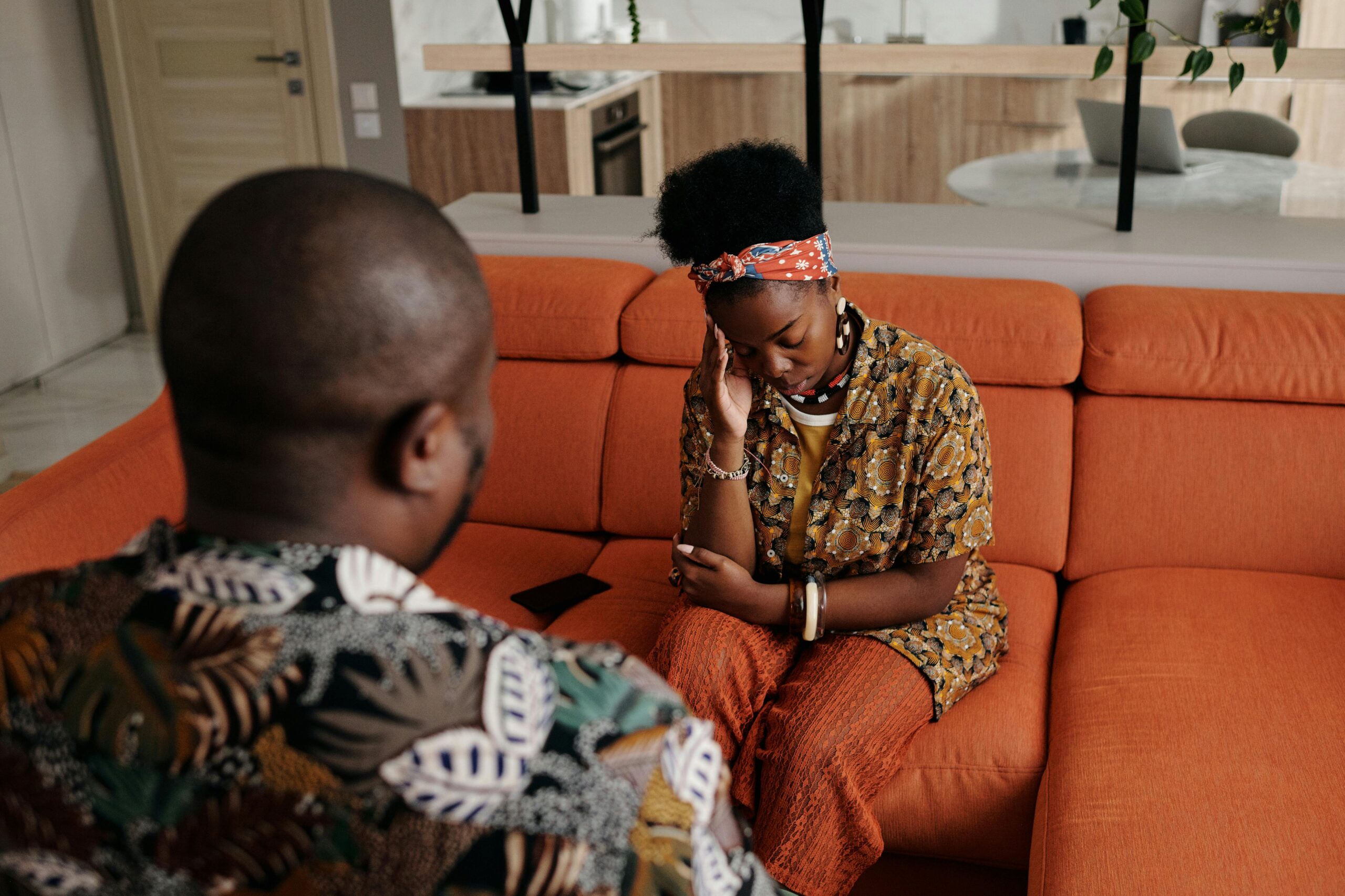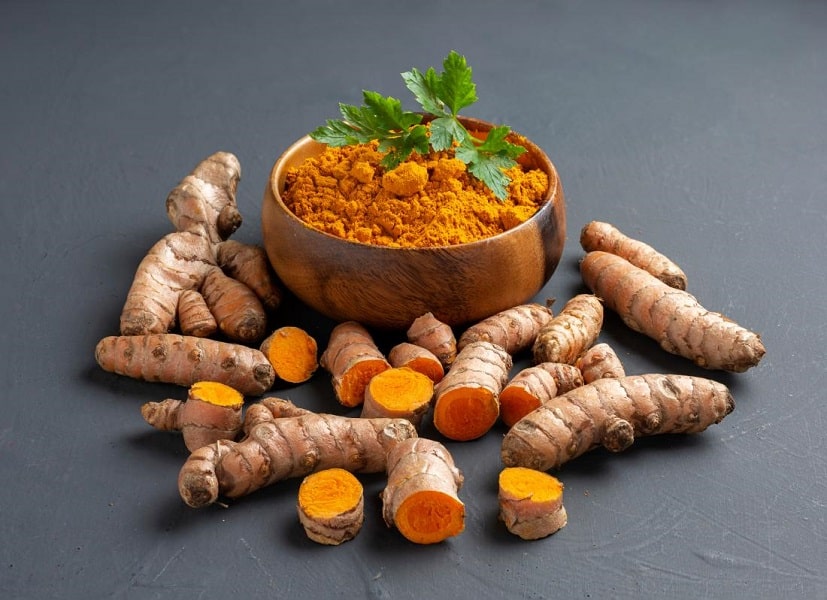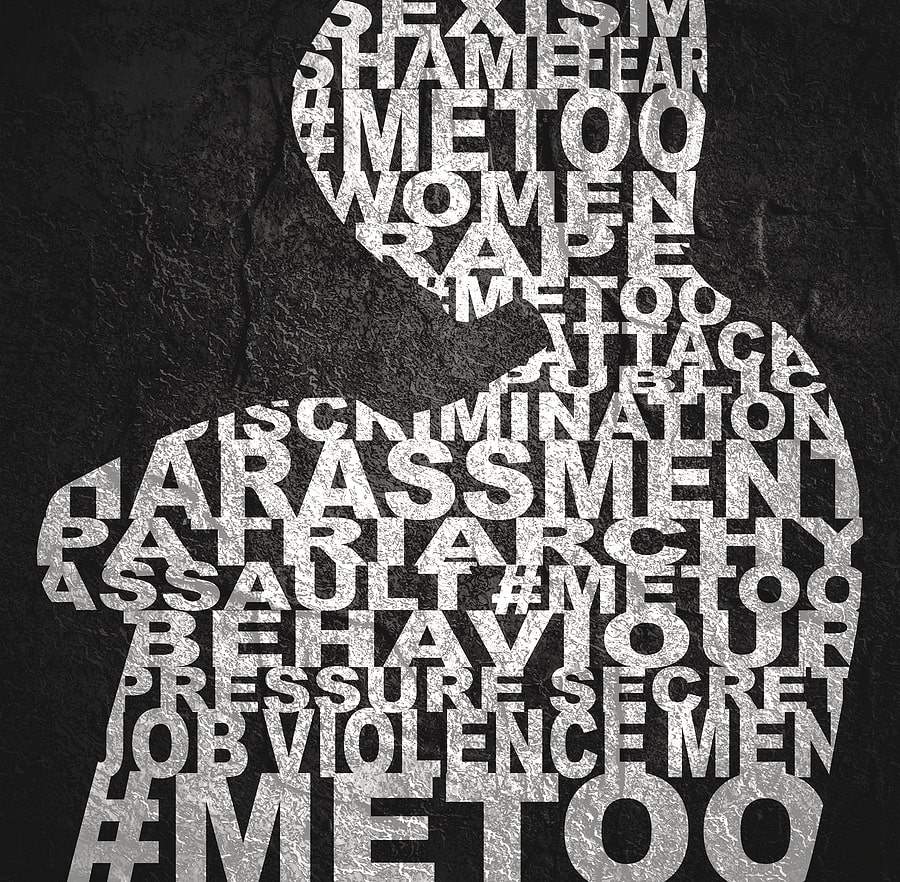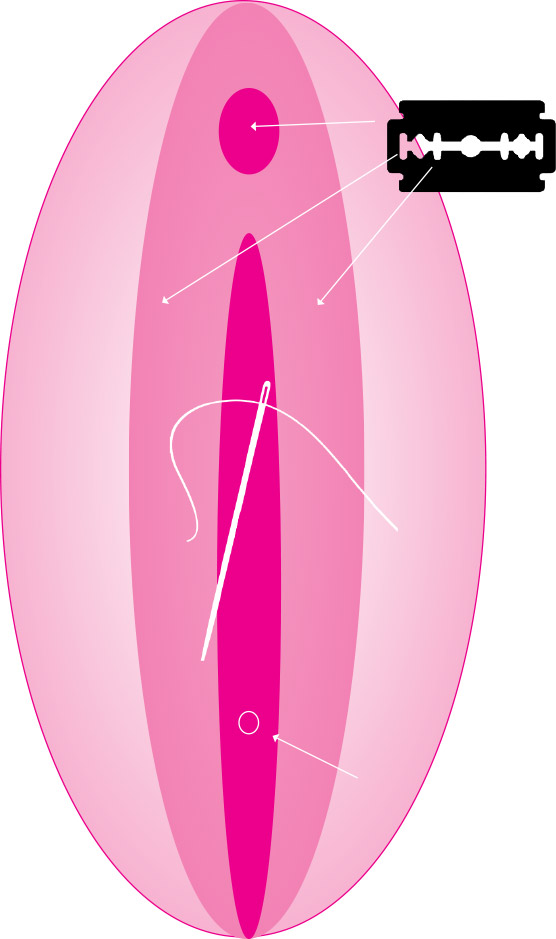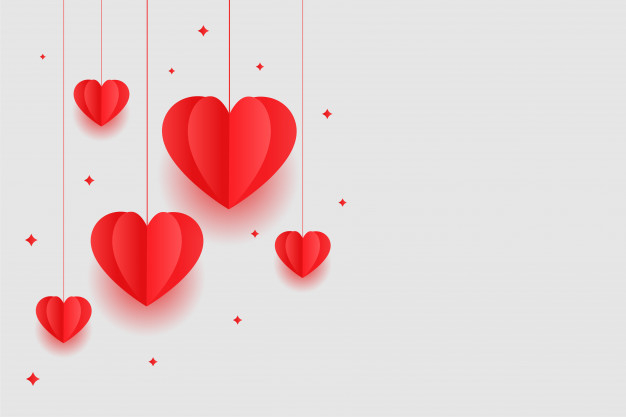When we think about addiction, our minds often go straight to substances, alcohol, nicotine, or drugs. But there’s another kind of addiction that doesn’t come from a bottle or a pill, it’s one that develops inside your own body, inside your own brain, within the walls of an intimate relationship. This kind of addiction is especially common in roller-coaster relationships with narcissistic or emotionally abusive partners. It’s not about logic, it’s about chemistry.
In family roles in a dysfunctional family system, members of the family pick up different roles to maintain the toxicity in the dynamics, Mascot, Scapegoat, Parentified Child, etc. In most cases in this type of family system, the father is usually the narcissist, while the mother is the enabler. This article exposes how a dysfunctional marriage can mess up everyone involved in the system, most especially the enabler who could eventually become addicted to the toxic pattern.
The Roller Coaster Effect
In a healthy relationship, love feels steady, safe, and secure. But when you’re involved with a narcissist, love turns into a dizzying ride of highs and lows. You go from being adored to being ignored, from feeling seen to being shamed.
Here’s what’s happening in your body through that cycle:
- During conflict or emotional abuse, your body releases stress hormones like cortisol and adrenaline. You’re anxious, on edge, waiting for the next emotional hit.
- When the narcissist suddenly flips the script, apologizing, flattering, or showering you with affection, your brain releases dopamine (the pleasure chemical) and oxytocin (the bonding hormone).
Over time, this alternating release of stress and love hormones becomes addictive. It’s the same intermittent reinforcement pattern that keeps gamblers hooked at slot machines, unpredictable rewards that light up the brain’s reward system. Psychologist Patrick Carnes, who coined the term trauma bonding, describes it as a powerful emotional tie formed when abuse is paired with moments of affection. Your body starts craving those highs. Your nervous system equates chaos with passion and safety with boredom.
When Crumbs Feel Like Feasts
Because your brain has been trained to associate pain with pleasure, even the smallest act of kindness feels monumental. A text message after days of silence feels like proof of love. A short apology feels like deep remorse. Neuroscientist Helen Fisher’s brain imaging studies on romantic rejection show that the same parts of the brain that light up in cocaine addiction, the ventral tegmental area and nucleus accumbens, also activate when you’re longing for a toxic partner. It’s why you can “know” someone is bad for you, yet feel powerless to stop thinking about them. This isn’t weakness. It’s neurobiology.
How Narcissists Hijack Your Chemistry
Narcissistic partners often (consciously or not) exploit this chemistry. Their push-and-pull dynamic, rejecting, then rewarding, keeps you emotionally hooked. When they withdraw, your stress hormones spike, creating distress. When they reappear with affection, your brain releases oxytocin, making you bond even tighter.
Ironically, the same hormone that promotes trust and connection in healthy love (oxytocin) strengthens the bond in toxic relationships, too. As researchers, Bartz and colleagues (2011) found, oxytocin doesn’t discriminate between safe and unsafe bonds; it simply deepens whatever emotional tie exists. That’s why victims of abuse often feel an almost irrational attachment to their abuser.
Why Leaving Feels Like Withdrawal
When you finally walk away from such a relationship, you’re not just breaking up; you’re detoxing. Your body misses the chemical rush. You might feel restless, lonely, or even crave the very person who hurt you. This is because your brain’s reward system has been trained to expect those hormonal spikes. Judith Herman, in her classic book Trauma and Recovery, explains that survivors of abuse must re-establish a sense of safety before they can even begin to feel what peace truly is. Without intentional healing, you’ll unconsciously seek relationships that recreate the same emotional intensity, mistaking it for love.
Rewiring the Brain for Healthy Love
Healing from this kind of chemical addiction takes time, gentleness, and awareness. It’s not just about “moving on.” It’s about retraining your body and brain to recognize peace as love, not as danger.
- Therapy helps you uncover the beliefs that kept you in the cycle, such as equating love with suffering or drama with connection.
- Somatic healing (like breathwork, grounding, and gentle movement) helps calm the overactive stress response and teaches your body what safety feels like again.
- Healthy exposure, spending time with people who offer steady, respectful love, gradually resets your brain’s idea of what normal should be.
- Patience is crucial. Just like addiction recovery, there’s withdrawal, craving, and relapse, but also resilience, growth, and rebirth.
Neuroplasticity research shows the brain is capable of rewiring itself. With consistency, your system can unlearn the chemistry of chaos and relearn the calm rhythm of genuine love.
The Truth About Healthy Love
The most important shift is realizing this: love should not feel like survival. If your heart races out of fear, if you’re constantly on edge, if your relief only comes after conflict, that’s not passion, it’s a chemical dependency. Real love doesn’t demand that you shrink, prove, or chase. Real love doesn’t spike your hormones and crash your peace.
When you heal, you begin to recognize that safety isn’t boring; it’s the foundation of intimacy. Peace isn’t dull, it’s the sound of your nervous system finally exhaling. If this article touched home, help is readily available HERE at The Intimacy Clinic. What are your thoughts?


